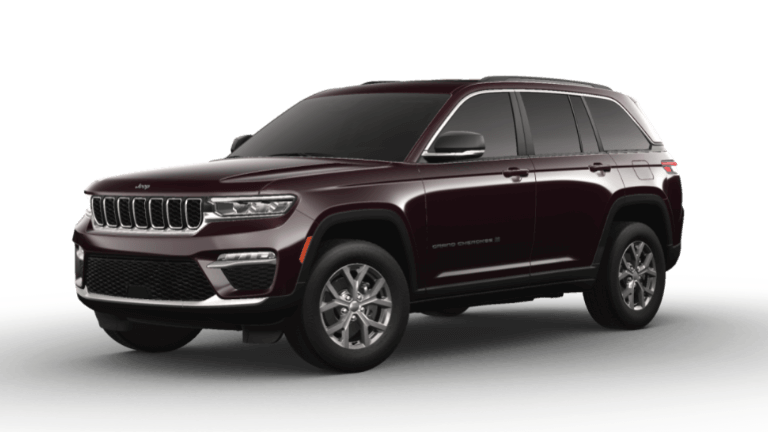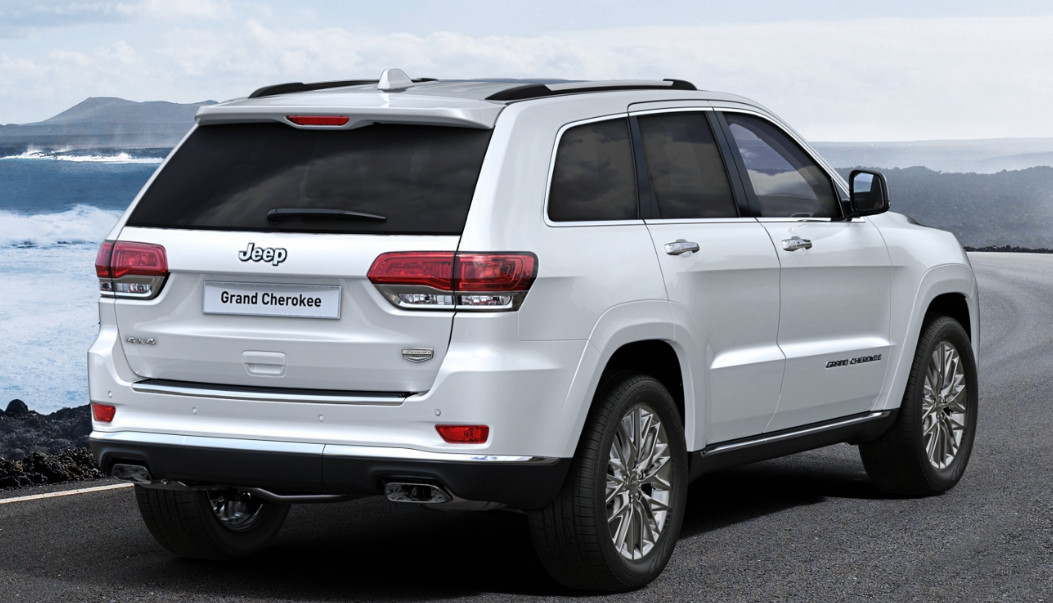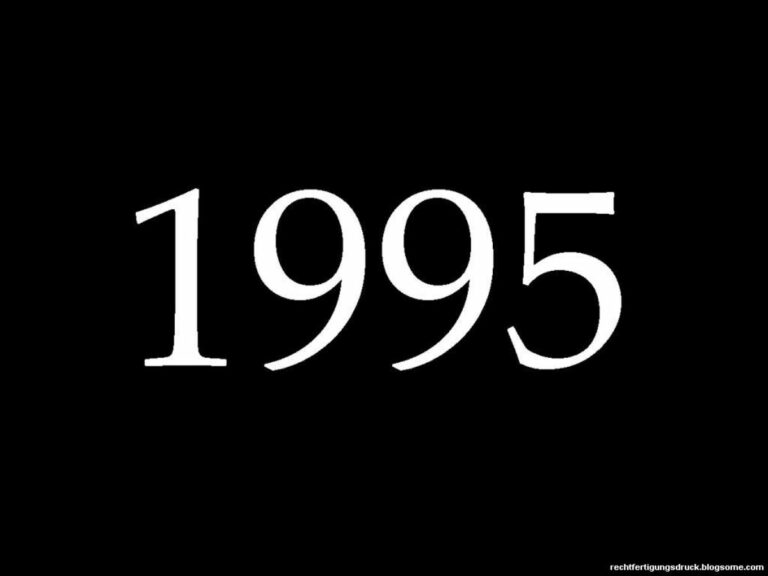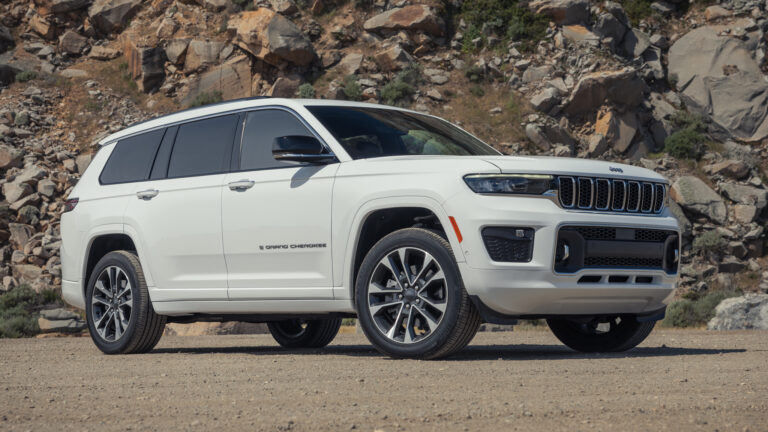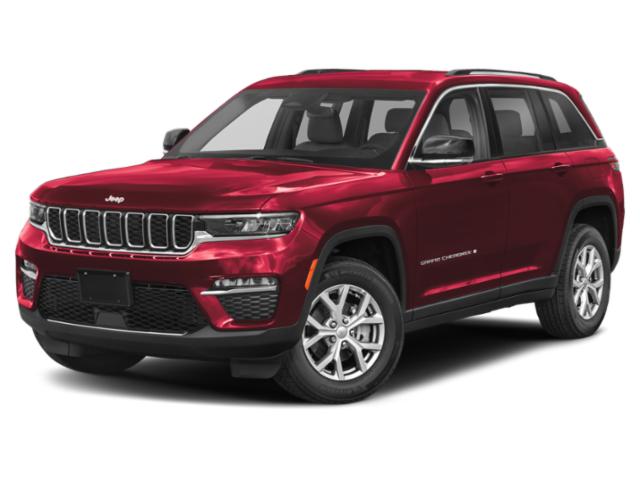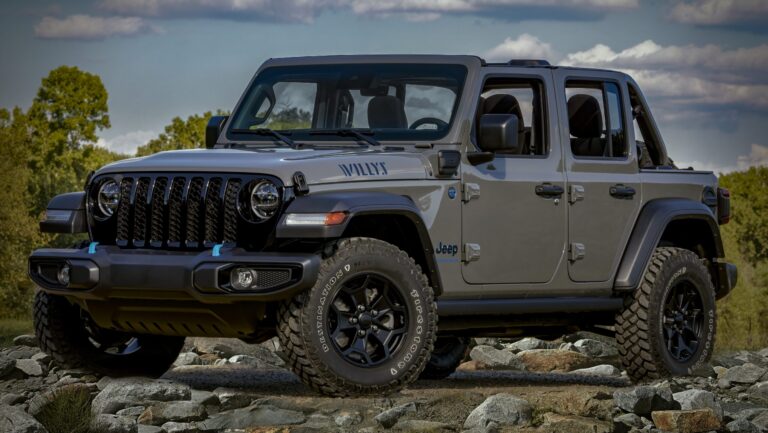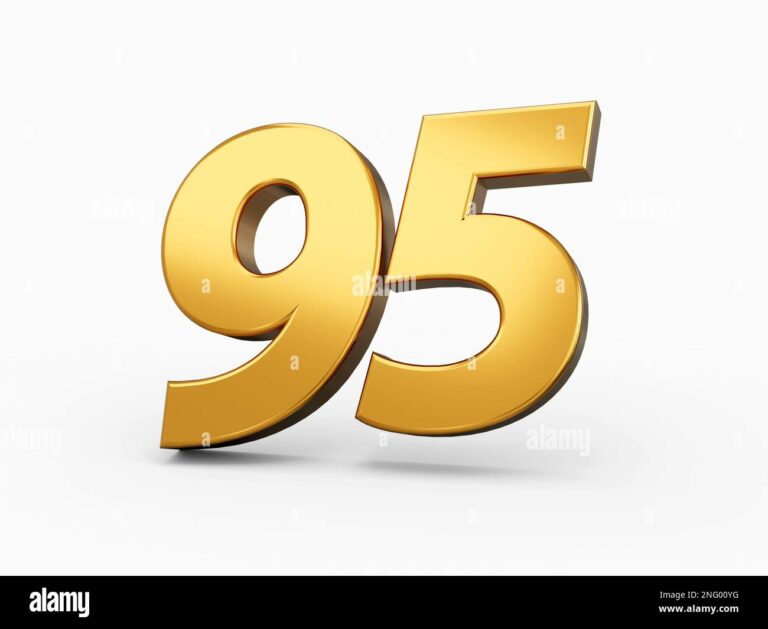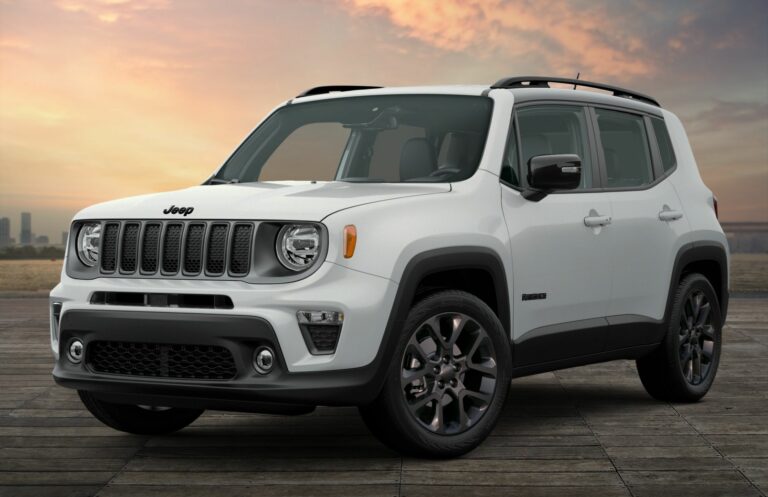Jeep Grand Cherokee Lease Or Buy: Navigating Your Path to the Ultimate SUV
Jeep Grand Cherokee Lease Or Buy: Navigating Your Path to the Ultimate SUV jeeps.truckstrend.com
The allure of a Jeep Grand Cherokee is undeniable. With its blend of rugged capability, sophisticated comfort, and iconic design, it stands as a formidable contender in the mid-size SUV segment. Whether you envision conquering off-road trails, embarking on family road trips, or simply enjoying a commanding presence on city streets, the Grand Cherokee delivers. However, before you slide into the driver’s seat of this impressive vehicle, a pivotal decision awaits: should you lease it or buy it?
This choice, often seen as a mere financial transaction, profoundly impacts your long-term budget, lifestyle, and relationship with your vehicle. It’s not a one-size-fits-all answer, but rather a personalized equation influenced by your financial health, driving habits, and ownership aspirations. This comprehensive guide will dissect the nuances of leasing versus buying a Jeep Grand Cherokee, providing you with the insights and tools to make an informed decision that perfectly aligns with your needs.
Jeep Grand Cherokee Lease Or Buy: Navigating Your Path to the Ultimate SUV
Understanding the Jeep Grand Cherokee Appeal
Before diving into the financial mechanics, let’s acknowledge why the Grand Cherokee sparks such interest. It consistently ranks high for its luxurious interior, potent engine options (including the powerful V8s and the efficient 4xe plug-in hybrid), and legendary off-road prowess thanks to its Quadra-Trac and Quadra-Drive systems. From the entry-level Laredo to the opulent Summit Reserve, there’s a Grand Cherokee trim designed to cater to diverse tastes and budgets, making the lease vs. buy decision even more critical across its varied price points.
The Case for Leasing a Jeep Grand Cherokee
Leasing is often misunderstood as simply "renting" a car. In reality, it’s a long-term agreement where you pay for the vehicle’s depreciation during the period you use it, plus interest (known as the money factor) and fees.
Benefits of Leasing:
- Lower Monthly Payments: This is perhaps the most significant draw. Since you’re only paying for the portion of the vehicle’s value you "use" (depreciation), monthly lease payments are typically considerably lower than financing the same vehicle for a comparable term.
- Drive a New Car More Often: Leases typically run for 24, 36, or 48 months. This means you can upgrade to the latest model with the newest features and technologies every few years, always enjoying a vehicle under warranty.
- Less Maintenance Hassle: Most lease terms align with the vehicle’s factory warranty. This means major repair costs are usually covered, reducing unexpected expenses.
- No Resale Worries: At the end of the lease, you simply return the car to the dealership (after an inspection for wear and tear). You don’t have to worry about selling it, negotiating trade-in values, or dealing with market fluctuations that affect resale.
- Lower Upfront Costs: Leases often require a smaller down payment, or sometimes none at all, compared to purchasing.
- Potential Tax Advantages (for Businesses): If you use the Grand Cherokee for business, a portion of lease payments may be tax-deductible.
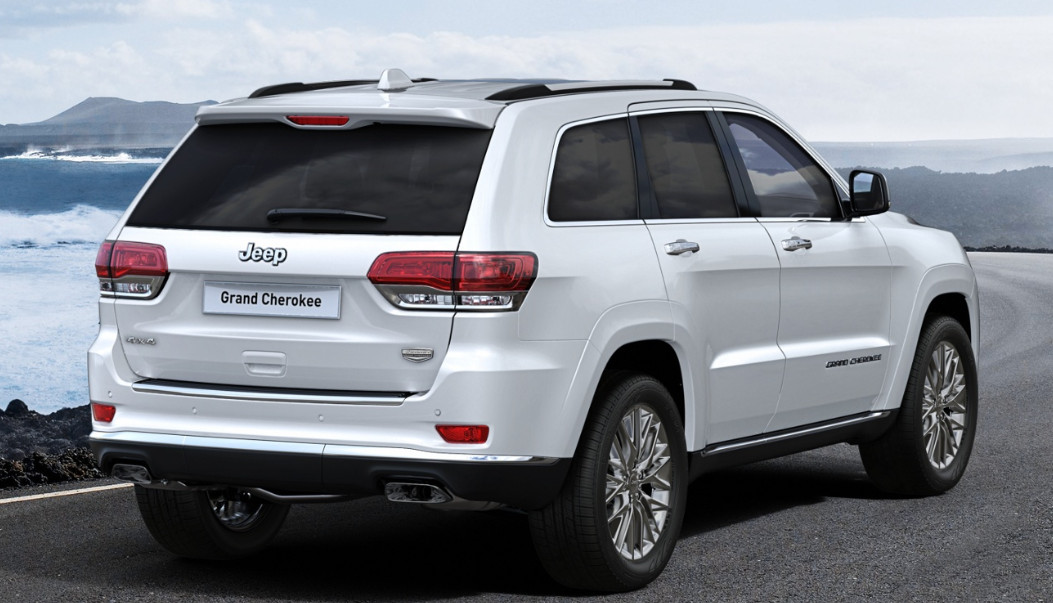

Considerations & Challenges of Leasing:
- Mileage Restrictions: Leases come with annual mileage limits (e.g., 10,000, 12,000, or 15,000 miles per year). Exceeding this limit incurs hefty per-mile penalties (e.g., $0.15-$0.25 per mile). This is a critical factor for those with long commutes or who frequently embark on road trips.
- No Equity Built: You never own the car, so you don’t build equity. Every payment goes towards using the vehicle, not owning an asset.
- Wear and Tear Charges: While normal wear is accepted, excessive damage (dents, scratches, torn upholstery, bald tires) can result in significant charges at lease end.
- Early Termination Fees: Breaking a lease early can be extremely expensive, often requiring you to pay the remaining payments, a penalty, and other fees.
- Endless Payments: Unless you decide to buy out your lease, you will always have a car payment if you continue to lease new vehicles.
- Limited Customization: Modifying a leased vehicle is generally not allowed, as it must be returned in its original condition.
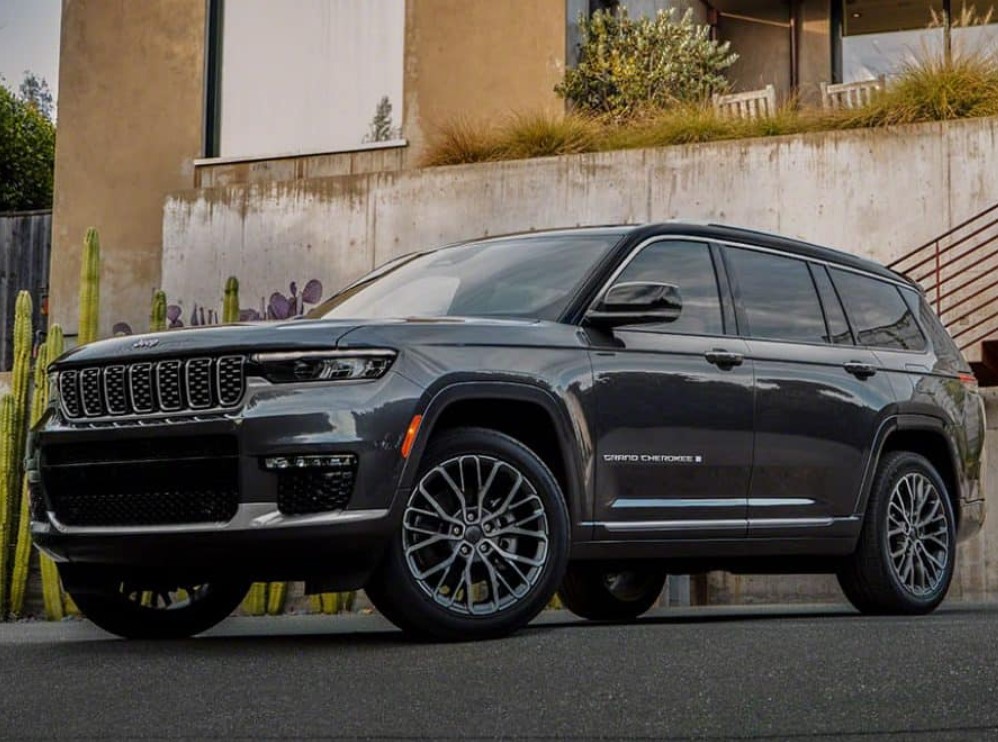
Who is Leasing For?
Leasing a Grand Cherokee is ideal for individuals or businesses who:
- Enjoy driving a new vehicle every few years.
- Have predictable annual mileage.
- Prefer lower monthly payments and want to minimize upfront costs.
- Want to avoid the hassle of selling or trading in a vehicle.
- Prioritize warranty coverage and lower maintenance surprises.
The Case for Buying a Jeep Grand Cherokee
Buying (or financing) a Grand Cherokee means you take ownership of the vehicle. Whether you pay cash or take out a loan, the vehicle is yours once the loan is repaid.
Benefits of Buying:
- Ownership and Equity: The most significant advantage. As you make payments, you build equity in the vehicle. Once the loan is paid off, you own the Grand Cherokee outright, freeing you from monthly car payments.
- No Mileage Restrictions: Drive as much as you want without worrying about penalties. This is crucial for high-mileage drivers.
- Freedom to Customize: You can modify your Grand Cherokee as you see fit – lift kits, custom wheels, performance upgrades – without worrying about lease-end penalties.
- Long-Term Cost Efficiency: While initial monthly payments are higher, owning the car for an extended period (beyond the loan term) typically makes buying cheaper in the long run, as you eventually have no car payments.
- Ability to Sell or Trade: You have the flexibility to sell or trade in the vehicle at any time, using its value towards your next purchase.
- Asset Building: Your vehicle becomes an asset on your balance sheet, even though it depreciates.
Considerations & Challenges of Buying:
- Higher Monthly Payments: Financing the full purchase price over a typical 60-72 month term results in significantly higher monthly payments compared to leasing.
- Depreciation Risk: Vehicles depreciate, especially rapidly in the first few years. You bear the full burden of this depreciation. If you need to sell early, you might owe more than the car is worth (negative equity).
- Maintenance Costs Increase Over Time: Once the factory warranty expires, you are responsible for all repair and maintenance costs, which can become substantial as the vehicle ages.
- Higher Upfront Costs: Buying typically requires a larger down payment, sales tax, and registration fees upfront.
- Hassle of Selling/Trading: When you’re ready for a new car, you’ll need to sell your current one privately or negotiate a trade-in value with a dealership.
Who is Buying For?
Buying a Grand Cherokee is ideal for individuals who:
- Plan to keep their vehicle for many years (5+ years).
- Drive high mileage annually.
- Value ownership and building equity.
- Want the freedom to customize their vehicle.
- Prefer to be free of car payments eventually.
- Are prepared for potential out-of-warranty repair costs.
Key Factors to Consider When Deciding
Making the right choice for your Jeep Grand Cherokee involves a careful evaluation of several personal and financial factors:
-
Financial Situation & Budget:
- Down Payment: How much cash do you have available upfront? Buying generally demands more.
- Monthly Budget: Can you comfortably afford higher monthly payments for ownership, or do you need the lower payments of a lease?
- Credit Score: A strong credit score is crucial for getting the best interest rates (for buying) or money factors (for leasing).
-
Driving Habits:
- Annual Mileage: This is the deal-breaker for many. If you drive more than 12,000-15,000 miles per year, buying is almost always the more economical choice.
- Wear and Tear: Are you typically hard on your vehicles? If so, lease-end wear and tear charges could be a concern.
-
Ownership Horizon:
- Short-Term (2-4 years): Leasing is often more cost-effective if you want a new car frequently.
- Long-Term (5+ years): Buying almost always makes more financial sense if you plan to keep the vehicle until it’s paid off and beyond.
-
Future Needs:
- Do you anticipate significant life changes (e.g., family growth, job change, relocation) that might alter your vehicle needs or financial situation in the next few years? Flexibility might be a factor.
-
Maintenance & Warranty:
- Are you comfortable with potential out-of-warranty repair costs, or do you prefer the peace of mind of continuous warranty coverage?
-
Resale Value:
- While the Grand Cherokee generally holds its value well compared to some competitors, all vehicles depreciate. If buying, you’ll bear this risk.
The Hybrid Approach: Financing with a Short-Term Loan or Lease Buyout
While the primary decision is lease or buy, there are hybrid strategies:
- Short-Term Financing: Instead of a 60 or 72-month loan, consider a 36 or 48-month loan. Payments will be higher, but you’ll pay less interest and own the car outright faster, potentially selling it while it still has good value.
- Lease Buyout: At the end of your lease, you have the option to purchase the Grand Cherokee for its predetermined residual value. This can be a good option if you love the car, have kept it in good condition, and the market value is higher than the residual.
Negotiating the Best Deal for Your Grand Cherokee
Regardless of whether you lease or buy, negotiation is key.
- For Buying: Focus on the total purchase price (MSRP minus any discounts), not just the monthly payment. Research invoice price, dealer incentives, and competitive interest rates from banks/credit unions before visiting the dealership.
- For Leasing: Understand the four key components:
- MSRP/Capitalized Cost: The selling price of the car. Negotiate this as if you were buying.
- Residual Value: The estimated value of the car at the end of the lease. This is set by the leasing company and is usually non-negotiable. A higher residual means lower payments.
- Money Factor: The interest rate equivalent for a lease. A lower money factor means lower payments. You can often negotiate this or shop around.
- Lease Term & Mileage: Determine the length and mileage that best suits you.
Always shop around multiple dealerships and even online brokers. Get pre-approved for a loan if buying, so you have leverage.
Price Comparison: Jeep Grand Cherokee Lease vs. Buy (Hypothetical Example)
Let’s consider a hypothetical scenario for a Jeep Grand Cherokee Limited 4×4 with an MSRP of $55,000. These figures are estimates and can vary based on market conditions, promotions, credit score, and negotiation.
| Feature / Consideration | Leasing a Grand Cherokee (36 months/10,000 miles/year) | Buying a Grand Cherokee (60 months/6.0% APR) |
|---|---|---|
| MSRP (Example) | $55,000 | $55,000 |
| Initial Down Payment | $3,000 (plus first month, fees) | $5,000 (plus tax, title, fees) |
| Estimated Monthly Payment | $580 | $960 |
| Total Payments Over Term | $20,880 (36 x $580) | $57,600 (60 x $960) |
| Total Cost Over Term (approx.) | $23,880 (incl. down payment, excl. disposition fee/excess wear) | $62,600 (incl. down payment, excl. interest) |
| Ownership at End of Term | No, vehicle returned | Yes, vehicle is owned |
| Mileage Restrictions | 10,000 miles/year (overage penalties apply) | None |
| Maintenance Responsibility | Covered by factory warranty for most of term; routine maintenance still paid by lessee | Full responsibility; warranty for initial years, then all out-of-pocket |
| Ability to Customize | Very limited | Full freedom |
| Early Termination | Very costly penalties | Can sell/trade, but may face negative equity |
| Depreciation Risk | Borne by the leasing company | Borne by you, the owner |
| Resale/Trade-in Process | Simple return; no selling hassle | Your responsibility to sell or trade |
| Out-of-Pocket After 3 Years | ~$23,880 (approx. cost for 3 years of usage) | ~$39,520 (36 x $960 + $5,000 down) |
| Vehicle Value After 3 Years | Not applicable (returned) | Est. $33,000 (based on 40% depreciation) |
Note: The "Total Cost Over Term" for buying does not include the interest paid on the loan, which would add several thousand dollars depending on the rate. The "Out-of-Pocket After 3 Years" for buying shows what you would have paid by the time a lease would end, but you would still owe payments for another 2 years.
Frequently Asked Questions (FAQ)
Q1: Is it cheaper to lease or buy a Jeep Grand Cherokee?
A1: It depends on your time horizon. Leasing generally offers lower monthly payments for the first few years. However, buying is typically cheaper in the long run if you plan to keep the vehicle for 5 years or more, as you eventually eliminate monthly payments and build equity.
Q2: What is a good mileage limit for a Jeep Grand Cherokee lease?
A2: Common lease mileage limits are 10,000, 12,000, or 15,000 miles per year. Choose the limit that accurately reflects your driving habits to avoid costly overage charges. For most drivers, 12,000 miles/year is a good balance.
Q3: Can I buy out my Jeep Grand Cherokee lease early?
A3: Yes, most lease agreements allow for an early buyout. However, it’s often not financially advantageous, as you’ll typically pay the remaining payments, the residual value, and potentially an early termination fee. Always check your specific lease contract.
Q4: What happens at the end of a Jeep Grand Cherokee lease?
A4: You have three main options:
- Return the vehicle and lease/buy a new one.
- Purchase the leased vehicle for its residual value.
- Extend the lease (if offered by the leasing company).
Q5: Does the Jeep Grand Cherokee hold its value well?
A5: The Jeep Grand Cherokee generally holds its value reasonably well, especially compared to some competitors, though like all vehicles, it experiences significant depreciation in the first few years. Its off-road capability and brand loyalty contribute to its sustained demand.
Q6: Should I put a large down payment on a lease?
A6: Generally, it’s not recommended to put a large down payment (often called "capitalized cost reduction") on a lease. If the vehicle is totaled or stolen early in the lease, you could lose that upfront money. It’s usually better to keep your down payment minimal and accept slightly higher monthly payments.
Q7: Are maintenance costs covered when leasing?
A7: Routine maintenance (oil changes, tire rotations) is typically your responsibility. Major repairs are usually covered under the factory warranty for the duration of most standard lease terms (e.g., 36 months), offering peace of mind.
Conclusion: Your Grand Cherokee, Your Choice
The decision between leasing and buying a Jeep Grand Cherokee is a deeply personal one, with no single right answer. It hinges on your unique financial situation, how you intend to use the vehicle, and your long-term ownership goals.
If you relish the idea of driving a new, technologically advanced vehicle every few years with lower monthly payments and minimal long-term commitment, leasing might be your ideal path. However, if you prefer building equity, enjoy the freedom of unlimited mileage and customization, and aim for long-term ownership without ongoing payments, then buying is likely the superior choice.
By carefully evaluating your priorities against the benefits and drawbacks of each option, and armed with the practical advice provided, you can confidently navigate the exciting journey of acquiring your Jeep Grand Cherokee, ensuring it’s a decision you’ll be happy with for years to come.
